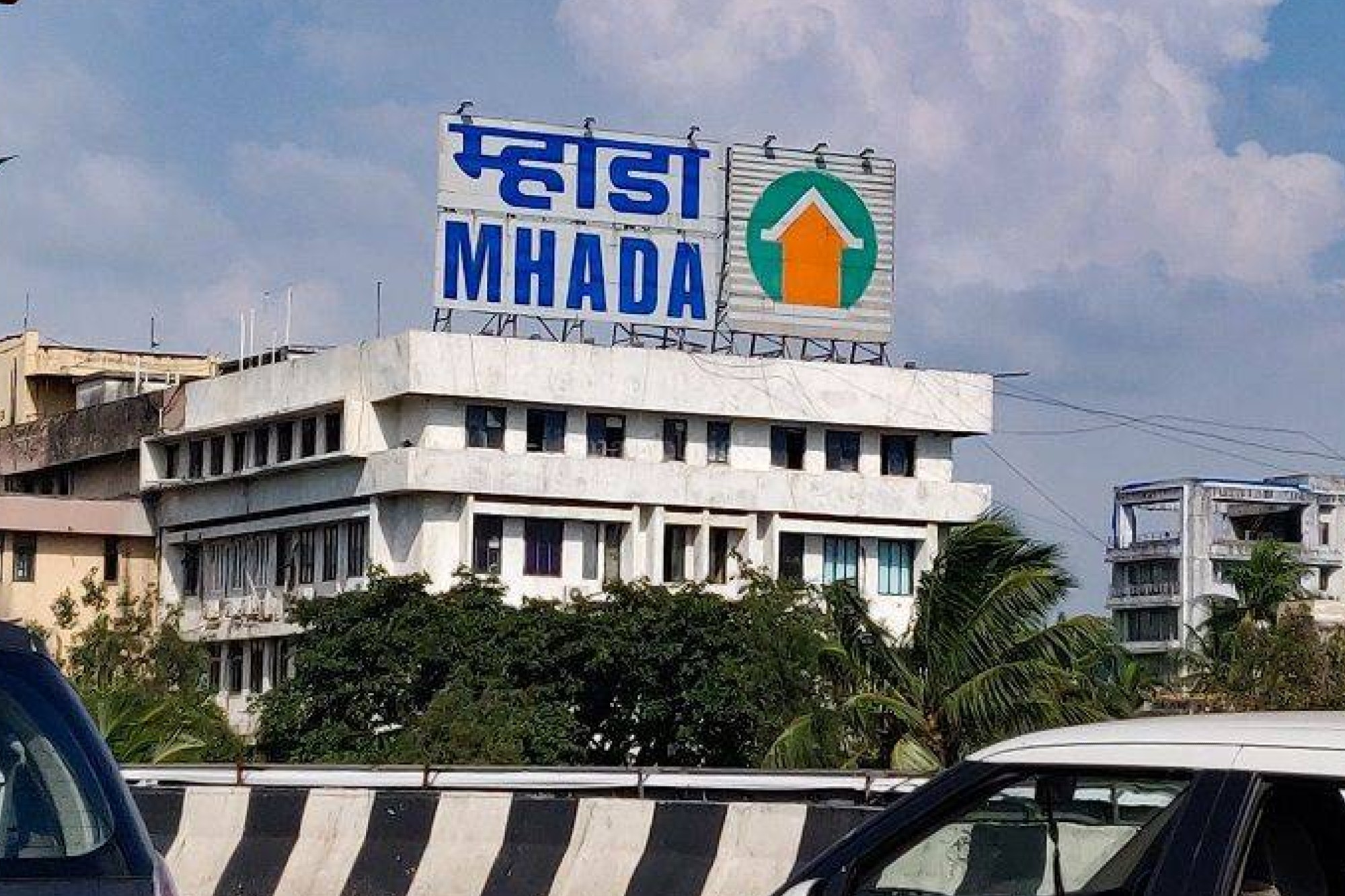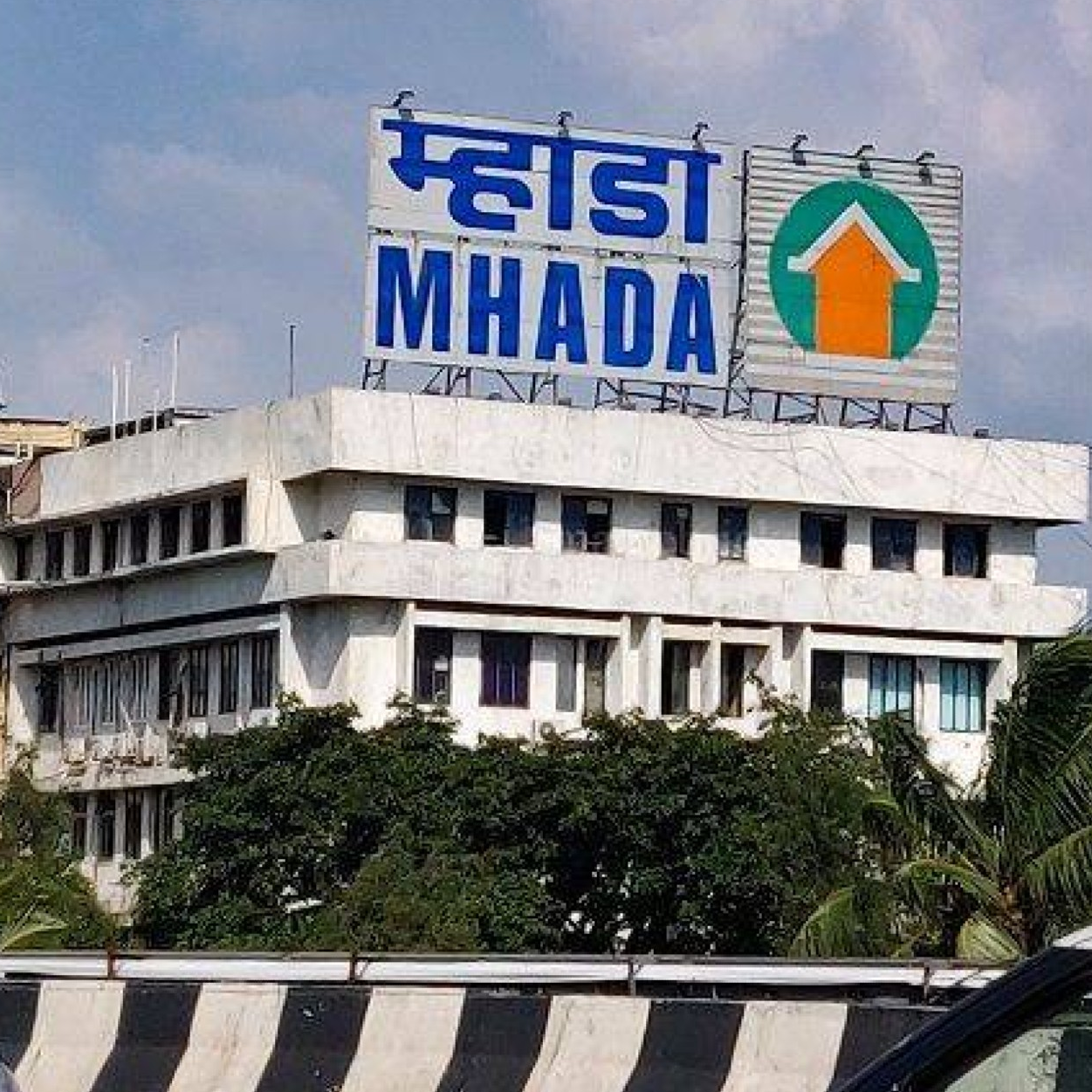
Digital Transformation Redefining Public Trust: How MHADA is Building a Citizen-Centric Future
As India advances into an era where governance and technology increasingly intersect, institutions are being redefined by their ability to adapt, innovate, and rebuild trust. The Maharashtra Housing and Area Development Authority (MHADA) stands at the forefront of this transformation. Leveraging digitization not merely as a tool but as a philosophy, MHADA is shaping a governance model rooted in transparency, convenience, and citizen empowerment.
Artificial Intelligence, automation, and integrated systems are no longer future concepts — they are present realities reshaping public service delivery. Under the guidance of the IAS Sanjeev Jaiswal, MHADA has initiated a series of forward-looking reforms that prioritize citizens, promote accountability, and ensure that technology strengthens trust rather than replaces human connection.
Digitization with a Human Touch
At the heart of MHADA’s new governance framework lies the Integrated Digitalization Transformation System (TDIS) — a unified digital platform that consolidates services, processes, and data. Designed to make housing services seamless and citizen-friendly, this initiative replaces traditional bureaucratic inefficiencies with a transparent, efficient, and data-driven system.
In just a few months, the impact of digital transformation has become visible in MHADA’s daily operations. From e-billing for service charges to online submission of applications, MHADA has redefined how citizens engage with public housing authorities. Earlier, residents had to visit offices physically to pay bills or complete paperwork. Today, through e-billing and digital service portals, they can manage payments, access documents, and track progress from the comfort of their homes.
This initiative has not only simplified governance but also reduced leakages and inefficiencies. With over 15 crore critical documents digitized — including housing board records, applications, and approvals — MHADA has moved decisively toward an open-data model that fosters accountability and transparency.
Bringing Governance Closer to Citizens
To make public interaction more efficient, MHADA has established the Citizen Facilitation Centre (CFC) at its Bandra headquarters. This one-stop centre offers a direct interface for citizens to submit correspondence, lodge complaints, or submit documents without navigating multiple offices.
Soon, MHADA will roll out an online submission and tracking system to enable residents to upload documents and monitor status updates remotely. To support these digital upgrades, Office Navigators have been stationed across major offices to assist visitors, while a Visitor Management System (VMS) records entry details, ensuring transparency and safety.
The newly launched “MHADA Sathi” chatbot adds another layer of accessibility. Available in Marathi and English, it allows citizens to obtain real-time updates and clarifications about ongoing projects, applications, and policies. This AI-powered chatbot reduces dependency on intermediaries, ensuring equal access to information for all citizens.
Integrated Systems Driving Efficiency
Among the key milestones in MHADA’s digital transition is the Integrated Housing Lottery Management System (IHLMS 2.0) — a 100% online lottery system for housing allocation that eliminates human intervention. For the first time, MHADA conducted housing lotteries entirely through digital means, ensuring fairness, transparency, and efficiency.
The digitized lottery process has not only accelerated home allocation but also instilled public confidence in the integrity of the system. Eligible tenants from transit camps and temporary shelters now benefit from transparent, biometric-based verification — a safeguard against duplication and fraud.
Other digital modules, including the Online Lease Land Renewal and Project Management System, have also been launched to simplify renewals, manage redevelopment projects, and streamline administrative workflows. The Project Management System, in particular, enhances internal coordination, allowing MHADA to track project progress in real time and improve efficiency in decision-making.
Empowering Governance Through Innovation
The “Digi-MHADA” initiative is more than a technological shift — it is a mindset change. Through this platform, services under G2B (Government to Business), G2C (Government to Citizen), and G2G (Government to Government) categories are being interconnected to promote real-time communication across departments.
Another noteworthy initiative, Happiness Index, measures the quality of citizen experience with MHADA’s services. This data-driven feedback mechanism helps policymakers evaluate service efficiency and improve processes that directly affect citizen satisfaction.
Geospatial technology is also being introduced through GIS (Geographic Information System) mapping — an advanced tool that helps identify redevelopment clusters, track project timelines, and plan future housing layouts with precision. This not only improves urban planning but also supports sustainable infrastructure development.
Building Transparency and Trust
Transparency and trust form the moral architecture of good governance. MHADA’s digital transformation reaffirms its commitment to both. Through real-time portals, automated approvals, and citizen dashboards, residents now have visibility into every stage of their interaction — from application submission to project completion.
More importantly, MHADA’s transformation represents a cultural shift: governance is no longer about paperwork and queues but about empowerment and accountability. Citizens are not just recipients of services but active participants in shaping how public housing evolves.
A Blueprint for Future Governance
MHADA’s digital journey underscores a fundamental truth — that technology, when blended with empathy and purpose, can rebuild public trust at scale. By combining automation with accessibility, data with transparency, and governance with accountability, MHADA has emerged as a model for citizen-centric reform.
The future of public housing in Maharashtra will not just be built on concrete and steel but on the foundations of trust, technology, and transparency. As MHADA continues to digitize its operations and deepen citizen engagement, it offers a powerful lesson in how institutions can evolve — not by replacing the human element, but by amplifying it.



